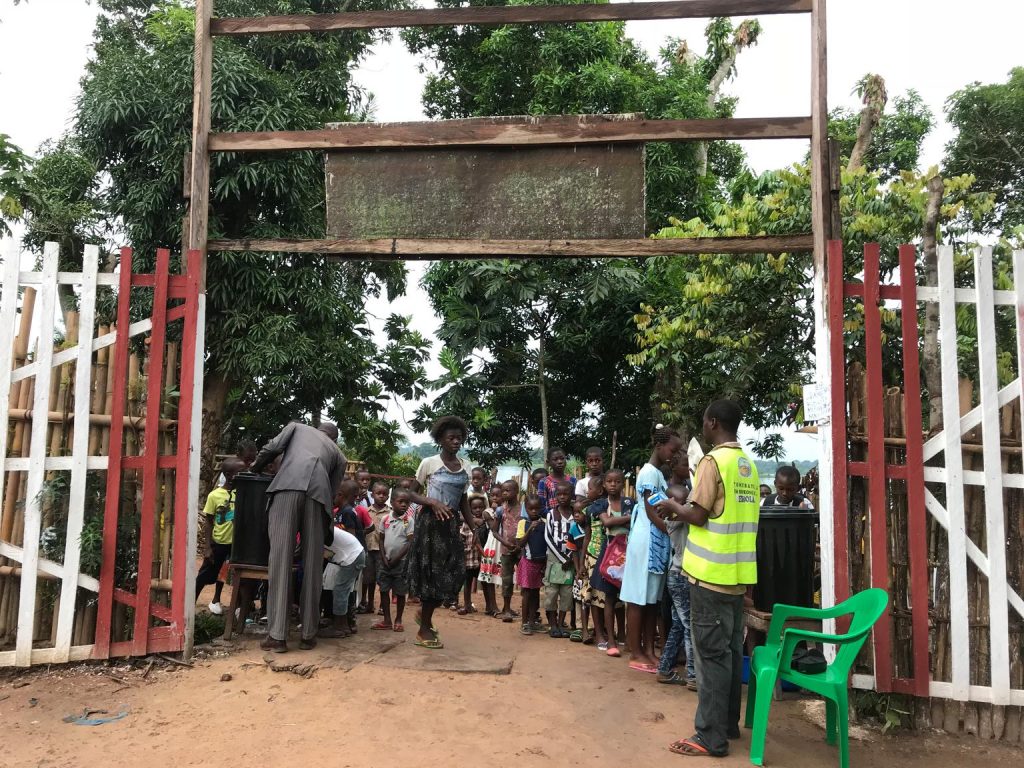Building on the experience of the 2013-2014 wild poliovirus outbreak in the Horn of Africa, this study examines applied strategies that helped to engage pastoralists of the Somali cluster (Somalia, Somali Region of Ethiopia, and North-East Kenya) in supplementary immunization activities. Aimed at being applicable to other public health interventions, the study synthesizes knowledge about Somali pastoralism in the Horn of Africa and explains the approaches used for tracking nomadic groups and creating dialogue, as well as building trust to enable better vaccination opportunities for pastoralist children. Interventions across the three countries included creating a network of informants and influencers, engagement with clan leaders, mapping of water points and livestock markets, forming a partnership with an animal vaccination program, cross-border coordination, and establishment of permanent transit vaccination points.
The proportion of children who had never been vaccinated against polio in the overall incidence of children reported with nonpolio acute flaccid paralysis in Somalia was used as an outcome measure before and after the interventions. Results demonstrate that the proportion of these zero-dose children was reduced from 44.6% to 19.5% between 2014 and 2015. Researchers discuss viability of pastoralist-focused approaches, as well as challenges associated with them, including the high-cost per child reached, lack of disaggregated epidemiological and social data for nomads, and a need to create special tools and strategies. This research provides practical recommendations to public health practitioners who are facing the challenge of reaching pastoralist populations with health services.



